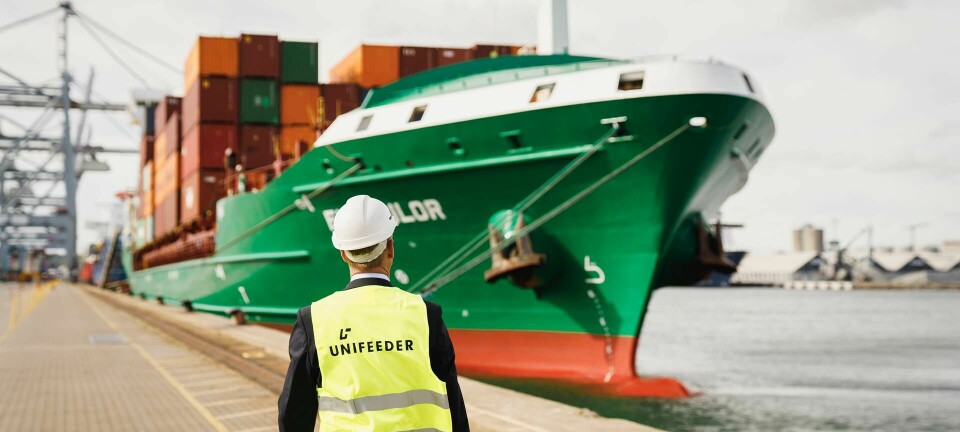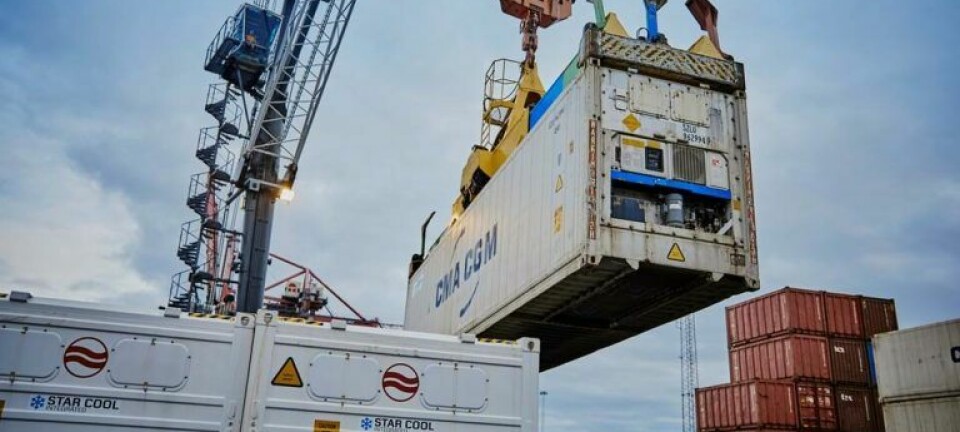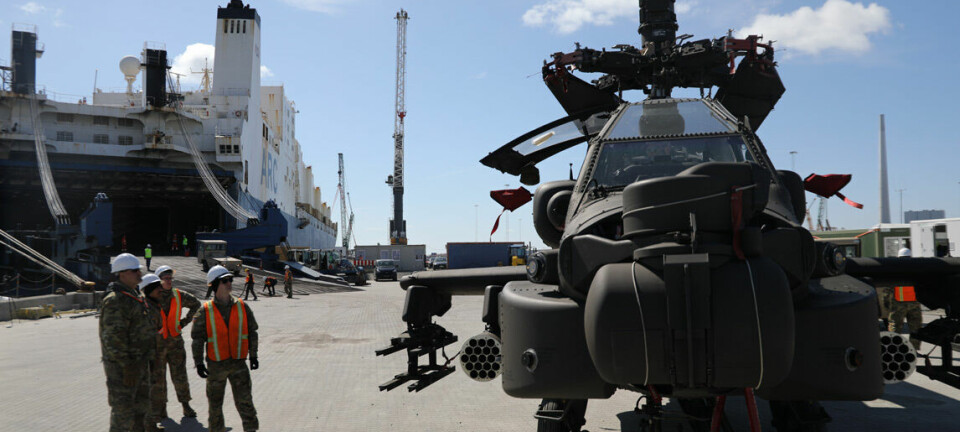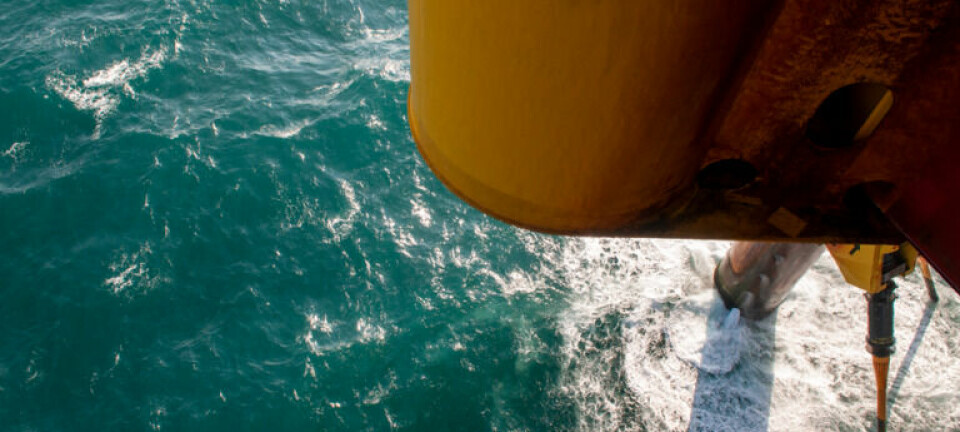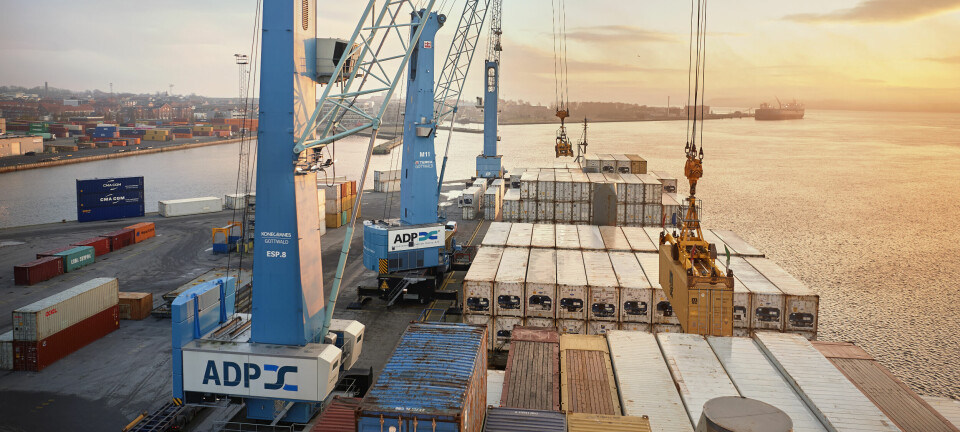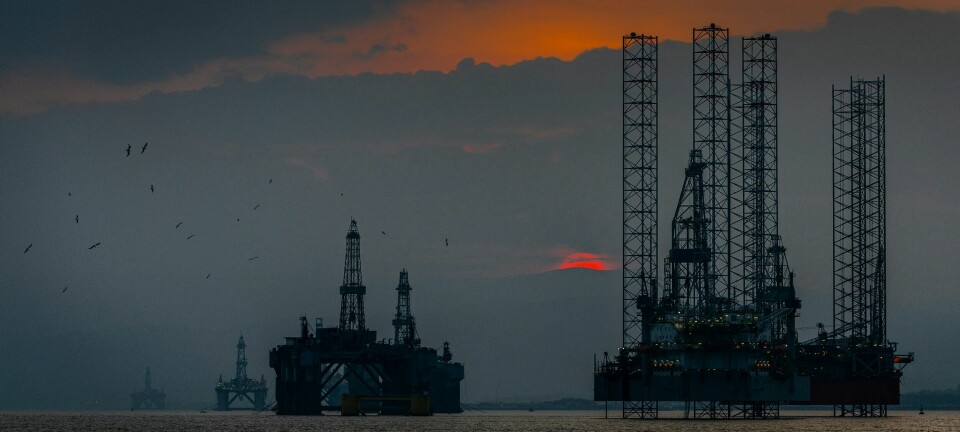Canada “concerned” about Venezuela dispute
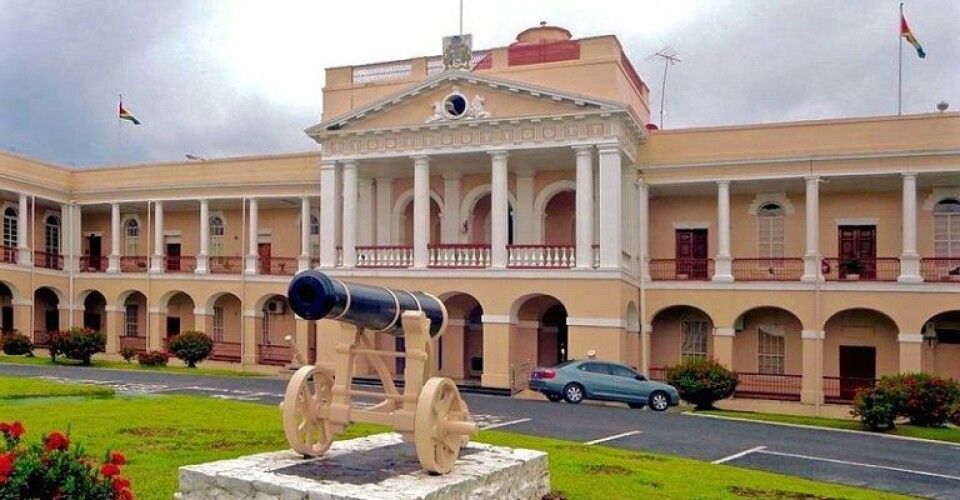
Representatives from Global Affairs Canada announced that they are officially concerned about territory dispute between Venezuela and Guyana.
By Michael McGrady, Maritime Direct Americas Correspondent
The Bolivarian Republic of Venezuela unilaterally encroached on territory claimed by the smaller country of Guyana. As Maritime Direct reported, Venezuela took control of oil-rich lands and seabeds to boost the country’s ability to exploit oil resources.
Since the United Nations and the U.S. government has time-and-time again sanctioned President Nicolás Maduro and his government, the country is struggling to grow the country’s oil exports and recover their blighted economy.
Citing sovereignty, Maduro claims that his government has right to control the lands in question — off of the Essequibo River region.
The validity of the 1899 Arbitral Tribunal Award
Mr Maduro, specifically, issued an earlier decree with the attempt to also extend Venezuela’s maritime boundary over all of the sea space and underwater resources of the area offshore the Essequibo.
Irfaan Ali, the president of Guyana, said that Maduro has no right to dictate changes and to annex land and maritime territory. Such an act is a violation of an 1899 agreement reached between the two countries further regulating the borders between both countries.
The agreement in question is referred to as the 1899 Arbitral Tribunal Award between Venezuela and Guyana when the country was still a British overseas possession (referred to as British Guiana). Guyana gained independence from the British Empire in 1970.
Ali added that Maduro’s decree was laden with “legal nullity” and is an overt infringement upon Guyana’s territory.
Canada “concerned”
The High Commission of Canada to Guyana and Suriname, the country’s de facto embassy to the small Latin American republic, released a statement noting that the Canadian government is concerned about the ongoing dispute between the two countries.
“Venezuela’s recent claim that it has sovereignty over the area adjacent to Guyana’s Essequibo coast is concerning,” the commission said in a statement that was posted to social media.
The International Court of Justice, the United Nation’s chief judicial organ, ruled in late December of 2020 that court shall serve as the arbiter of negotiations between Venezuela and Guyana in an attempt to maintain peace through negotiation.
The commission adds that “the decision is in the hands of the International Court of Justice and this judicial process must be respected.”
Similarly, the U.S. government has taken concern. Maritime Direct also reported that career U.S. diplomat Michael G. Kozak tweeted his support for the International Court of Justice to serve as the independent arbiter of the territorial dispute.
“Maduro’s aggressive claims don’t change this, they only show the world his disregard for his neighbors and international law,” wrote Kozak in a tweet, which was shared by the U.S. embassy based in Georgetown — Guyana’s capital city.
The International Court of Justice is due to begin negotiations in a bid to resolve this crisis in the coming days. ICJ will meet in a case management conference which will here evidence and further arbitrate additional arguments related to sovereignty claims under the 1899 Arbitral Tribunal Award.
This is a developing story.


